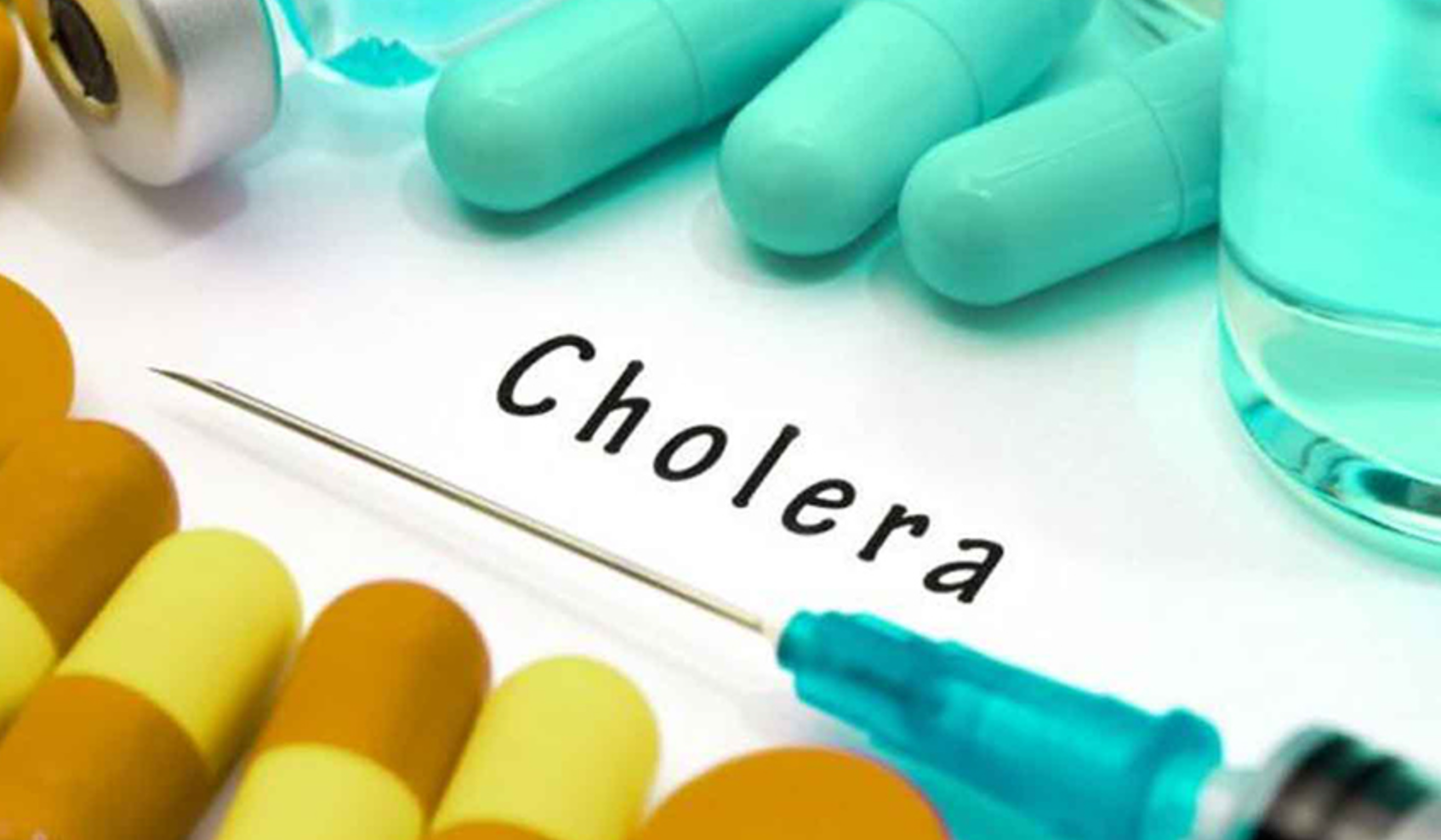Cholera outbreak: Suspected cases rise by 220% in 2024 – NCDC

The Nigeria Centre for Disease Control (NCDC) has expressed concern over the alarming increase in cholera cases across the country, with suspected cases rising by 220% in 2024 compared to the previous year.
The latest epidemiological report, published on the NCDC’s official website, sheds light on the dire situation that is gripping several regions across the country.
According to the NCDC, as of epidemiological week 39, Nigeria had recorded 10,837 suspected cholera cases and 359 deaths. This represents a 239% increase in fatalities compared to 2023, with a case fatality rate (CFR) of 3.3%, slightly higher than the 3.1% recorded last year.
-In the past week alone, 198 new suspected cases were reported, leading to 15 additional deaths across five states.
The agency noted, “In the past week alone, 198 new suspected cases were reported across five states, leading to 15 deaths and a weekly CFR of 7.6%.”
Most affected states
Adamawa remains the most impacted state, with 535 suspected cases reported over the past month. In week 39, Adamawa recorded 131 new cases, followed by Ebonyi (30 cases), Borno (29), Kano (7), and Jigawa (1).
Lagos State has also been significantly affected, accounting for 43% of all suspected cases nationally. The NCDC noted that Lagos Island Local Government Area (LGA) alone contributed 5% of the total cases in the country.
“Lagos Island LGA is particularly hard-hit, contributing five per cent of all suspected cases nationwide,” the NCDC stated.
Children most affected
Children under five years old are the most vulnerable to the outbreak, followed by those aged between five and 14. According to the report, males represent 52% of the suspected cases, while females account for 48%.
Cholera, which is spread primarily through contaminated food and water, remains prevalent in areas with poor sanitation. Conflict, climate change, poverty, and population displacement have further exacerbated the spread of the disease.
Challenges and response efforts
The NCDC has highlighted several barriers to curbing the outbreak, including inadequate access to clean water, poor sanitation practices, and insufficient WASH (Water, Sanitation, and Hygiene) infrastructure. The practice of open defecation, especially in rural areas, remains a significant issue.
“There is also inadequate WASH infrastructure and supplies, including wastewater management facilities,” the NCDC added.
Adding that there is a pressing need for skilled personnel and better logistics for active case search “Efforts are ongoing to strengthen health systems and enhance surveillance in high-risk areas.” NCDC said
In response to the worsening situation, the NCDC has activated a national Cholera Technical Working Group to coordinate response efforts and monitor outbreaks across the country.
The agency stressed the importance of improving access to clean water, sanitation, and public health education to control the spread of cholera.
Global impact
The cholera crisis is not unique to Nigeria. The World Health Organization (WHO) has reported an increase in cholera outbreaks in the Middle East, South Asia, and sub-Saharan Africa.
According to WHO, global deaths from diarrheal diseases, including cholera, increased by 71% last year, largely due to conflict and climate change.
Public health experts are urging the Nigerian government to intensify intervention strategies, warning that the outbreak could worsen without swift action.
With cholera cases already surpassing last year’s figures, the situation demands immediate attention to prevent further escalation.



